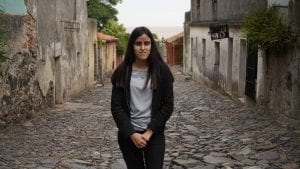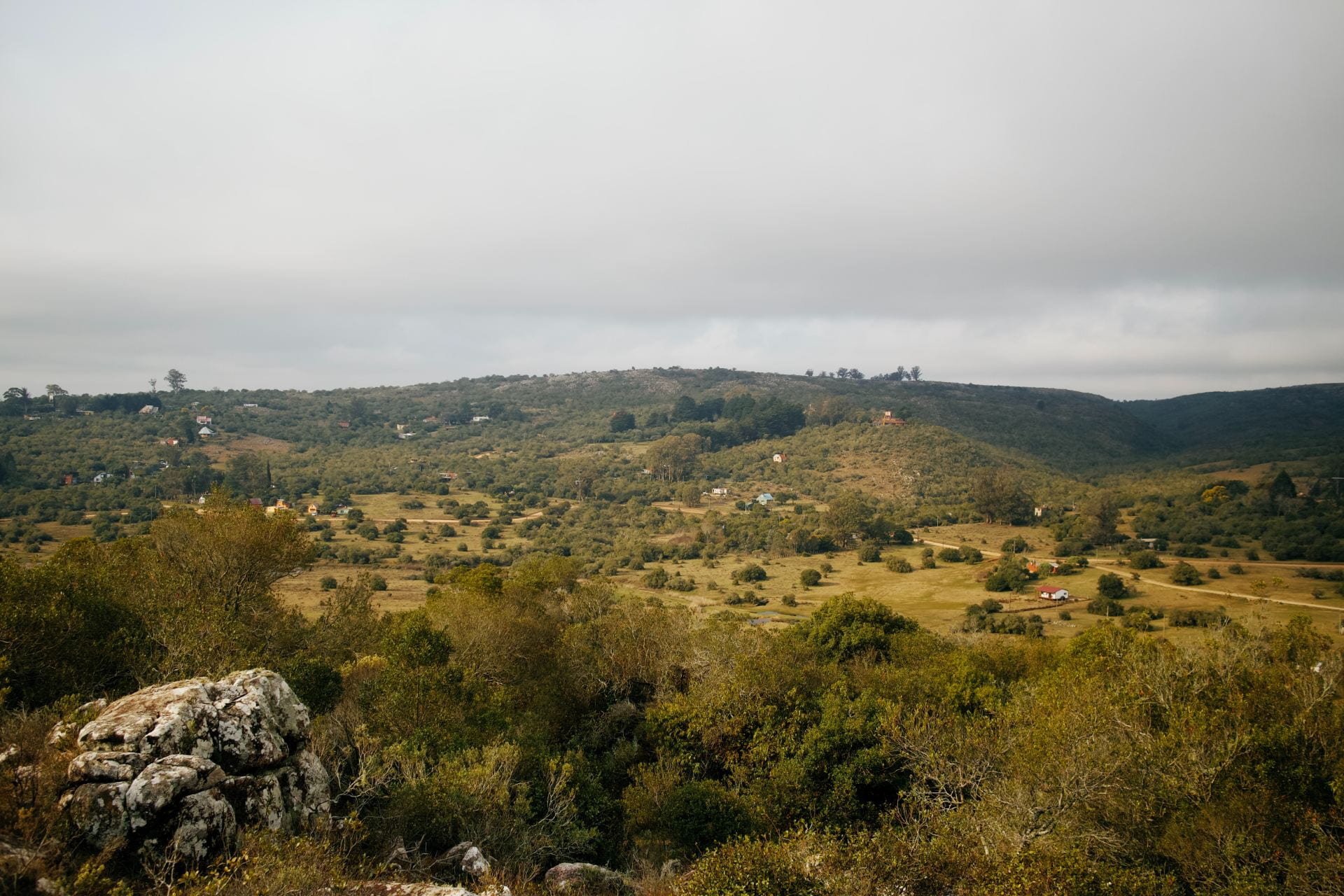
About the Author
Milagros Costabel is a first-year Harvard student from Uruguay. She has published in the Huffington Post, Business Insider, Foreign Policy, The Daily Beast, Euronews and The Telegraph, among others.
Rediscovering Latin America through Journalism
Throughout my life, my exposure to the diverse realities of the American continent has been marked by my growing up in a small town in southern Uruguay, and by the many books that represented our continent not as a huge area full of diverse realities, but as something homogeneous in which insecurity or instability seemed to predominate.

Photo by luciano paris on Unsplash
Something similar happened with some international media reports, in which the voices of our people were overshadowed by the commentaries of academics and experts who, while allowing me to draw a picture of what was happening, never seemed to be enough. I had a need for individual voices, stories that would allow me to begin to try to understand the richness that lies in the multiple realities that exist in such a large geographic area.
At the time I came to think that one way to solve this restlessness I had was to travel, somewhat of a contradiction because I learned little in my trips to Buenos Aires, which at a certain point became no more than an extension of what I knew in Uruguay because of their similarities. But on that day in July 2020, when travel was a practically unthinkable idea for the world, I felt that I was getting to know my continent as I never thought possible.
As a child I was always drawn to journalism. At 17, when my parents were out of work because of the pandemic and there didn’t seem to be much we could do to get by, journalism was the first thing that came to mind to try to alleviate the situation on my own. It wasn’t easy—I can count on more than one hand the number of editors from major media outlets who told me that what was happening in my country and neighboring countries was not interesting enough for them—but in the end my insistence paid off, and in less than three months I was reporting on what was happening in the Rio de la Plata and beyond for international media.
It was a time when I challenged my ideals and dedicated myself to completely shattering the preconceived ideas I had of the continent. I was shocked by the mistrust of the media by community leaders who, accustomed to misrepresentation in the international media, would rather give an interview to the local media than to an international journalist. They feared that while the international media could help them take their story further, it could also completely misinterpret the situation, painting it in a way more in line with what the audience was looking for. I was able to know the danger when one of the stories I did, which dealt exclusively with corruption, could not be published because of the nature of the content and the risks to both myself and my sources. I was also fortunate enough to greatly enjoy it when my most prized stories—the ones that brought very specific issues to light—were published and people from all over the world, from England to India, wrote to thank me for bringing that story to them in those faraway places.
If one thing stuck with me from all this, it was the realities I encountered and the voices I heard. Although everything happened through a screen, the indelible memories were many. The tears of a Peruvian doctor whose voice broke because, at the height of the pandemic, his patients were slowly dying from lack of oxygen in a remote area of the country, the emotional words of Uruguayans who pointed out the positive management of the pandemic and the effect on their lives, the desperation of a mother who, after more than 100 days of quarantine in Buenos Aires, could not find a way for her child to learn and develop within four walls when Internet connection was scarce and services were deficient, and the bewilderment of all those people—artisans, small shopkeepers, owners of formal and informal food establishments—who suddenly found they had no way to support themselves economically.
Those realities, framed in larger stories, made it all worthwhile. Today, even though I no longer write and dedicate myself to admiring those stories from afar between the pages of a chronicle or a feature, make journalism, with its inexhaustible source of stories, it’s what I still want to do in the future, and Latin America a continent I hope to never stop discovering.
More Student Views
Puerto Rico’s Act 60: More Than Economics, a Human Rights Issue
For my senior research analysis project, I chose to examine Puerto Rico’s Act 60 policy. To gain a personal perspective on its impact, I interviewed Nyia Chusan, a Puerto Rican graduate student at Virginia Commonwealth University, who shared her experiences of how gentrification has changed her island:
Beyond Presence: Building Kichwa Community at Harvard
I recently had the pleasure of reuniting with Américo Mendoza-Mori, current assistant professor at St Olaf’s College, at my current institution and alma mater, the University of Wisconsin-Madison. Professor Mendoza-Mori, who was invited to Madison by the university’s Latin American, Caribbean, and Iberian Studies Program, shared how Indigenous languages and knowledges can reshape the ways universities teach, research and engage with communities, both local and abroad.
Of Salamanders and Spirits
I probably could’ve chosen a better day to visit the CIIDIR-IPN for the first time. It was the last week of September and the city had come to a full stop. Citizens barricaded the streets with tarps and plastic chairs, and protest banners covered the walls of the Edificio de Gobierno del Estado de Oaxaca, all demanding fair wages for the state’s educators. It was my first (but certainly not my last) encounter with the fierce political activism that Oaxaca is known for.





